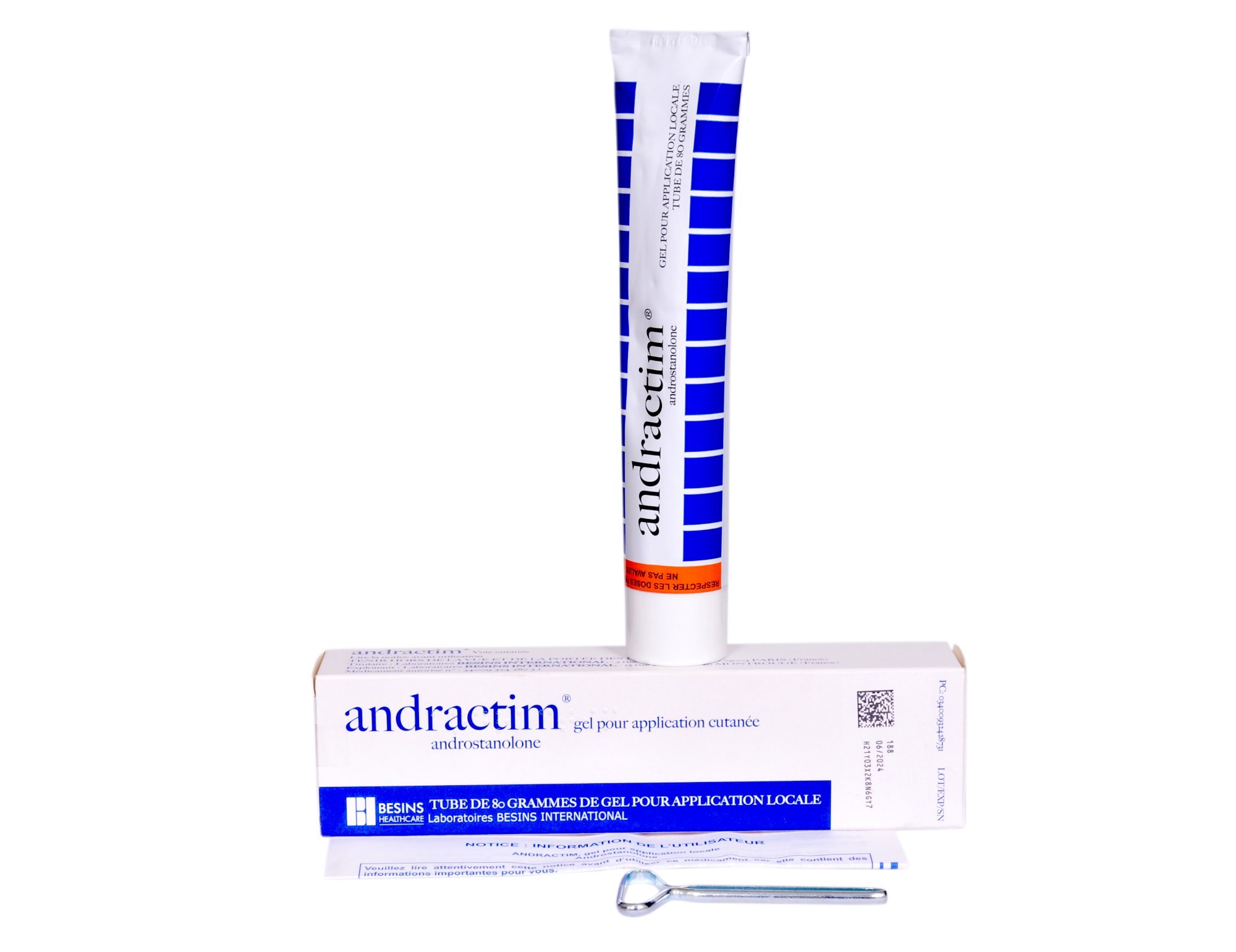- Your cart is empty
- Continue Shopping
Foods to Avoid for Managing DHT Levels?

Managing DHT Levels: Dihydrotestosterone (DHT) is a potent hormone derived from testosterone that plays a crucial role in various physiological processes, including the development of male characteristics and the regulation of libido. However, elevated levels of DHT have been associated with various health issues, including hair loss, acne, and prostate enlargement. In this comprehensive blog post, we explore the relationship between diet and DHT levels, focusing on foods that may contribute to increased DHT production or activity. By understanding how dietary choices can influence DHT levels, individuals can make informed decisions to support their overall health and well-being.
Managing DHT Levels?
1: Understanding DHT and its Role in the Body In this chapter, we provide an overview of DHT, its formation, and its physiological functions. We delve into the enzymatic conversion of testosterone to DHT by the enzyme 5-alpha reductase, highlighting the importance of DHT in male sexual development, muscle growth, and overall health. However, we also discuss the potential negative effects of excessive DHT levels, such as androgenic alopecia (male pattern baldness) and benign prostatic hyperplasia (BPH), underscoring the importance of maintaining DHT levels within a healthy range. andractim dht gel for sale. https://sfcc-chemicals.com/
2: The Link Between Diet and DHT Levels Explore the connection between dietary choices and DHT levels in this chapter. We examine how certain nutrients, such as zinc and vitamin D, play a role in regulating DHT metabolism and production. Additionally, we discuss the impact of dietary fat intake on DHT levels, particularly saturated and trans fats, which have been shown to stimulate 5-alpha reductase activity and promote DHT synthesis. By understanding how dietary factors can influence DHT levels, individuals can make strategic changes to their diet to support hormonal balance and overall health. andractim gel. https://sfcc-chemicals.com/
3: Foods That May Increase DHT Levels In this chapter, we identify specific foods that may contribute to elevated DHT levels. We discuss the role of red meat and dairy products, which contain high levels of saturated fat and arachidonic acid, in promoting DHT production. Managing DHT Levels. Additionally, we explore the potential impact of processed foods, sugar, and alcohol on DHT metabolism and activity, highlighting the importance of moderation and balance in dietary choices. By being mindful of the foods that may increase DHT levels, individuals can make informed decisions to support their hormonal health and mitigate potential risks.

4: Foods That May Help Manage DHT Levels Discover dietary strategies for managing DHT levels in this chapter. We explore the role of nutrient-dense foods, such as fruits, vegetables, whole grains, and healthy fats, in supporting hormonal balance and reducing inflammation. Additionally, we discuss the potential benefits of specific nutrients and phytochemicals, such as zinc, saw palmetto, and green tea catechins, in modulating DHT metabolism and activity. By incorporating these foods into their diet, individuals can support optimal hormonal function and promote overall health and well-being. andractim cream for sale. https://sfcc-chemicals.com/
5: Lifestyle Factors That Influence DHT Levels In this chapter, we examine lifestyle factors beyond diet that can influence DHT levels. We discuss the impact of stress, sleep quality, and physical activity on hormonal balance, highlighting the importance of stress management, adequate sleep, and regular exercise in supporting healthy DHT levels. Additionally, we explore the potential role of environmental toxins, such as endocrine-disrupting chemicals, in disrupting hormonal balance and contributing to DHT-related health issues. By addressing these lifestyle factors, individuals can take a holistic approach to managing DHT levels and promoting overall health and vitality.
As we conclude our exploration of DHT and its relationship with diet, we emphasize the importance of balance, moderation, and mindfulness in dietary choices. While certain foods may contribute to increased DHT levels, others can help support hormonal balance and overall health. By adopting a nutrient-rich diet, managing stress, prioritizing sleep, and staying physically active, individuals can take proactive steps to optimize their hormonal health and mitigate potential risks associated with elevated DHT levels. Ultimately, by understanding the link between diet and DHT levels, individuals can empower themselves to make informed decisions that support their well-being and longevity. andractim gel for sale https://sfcc-chemicals.com/


